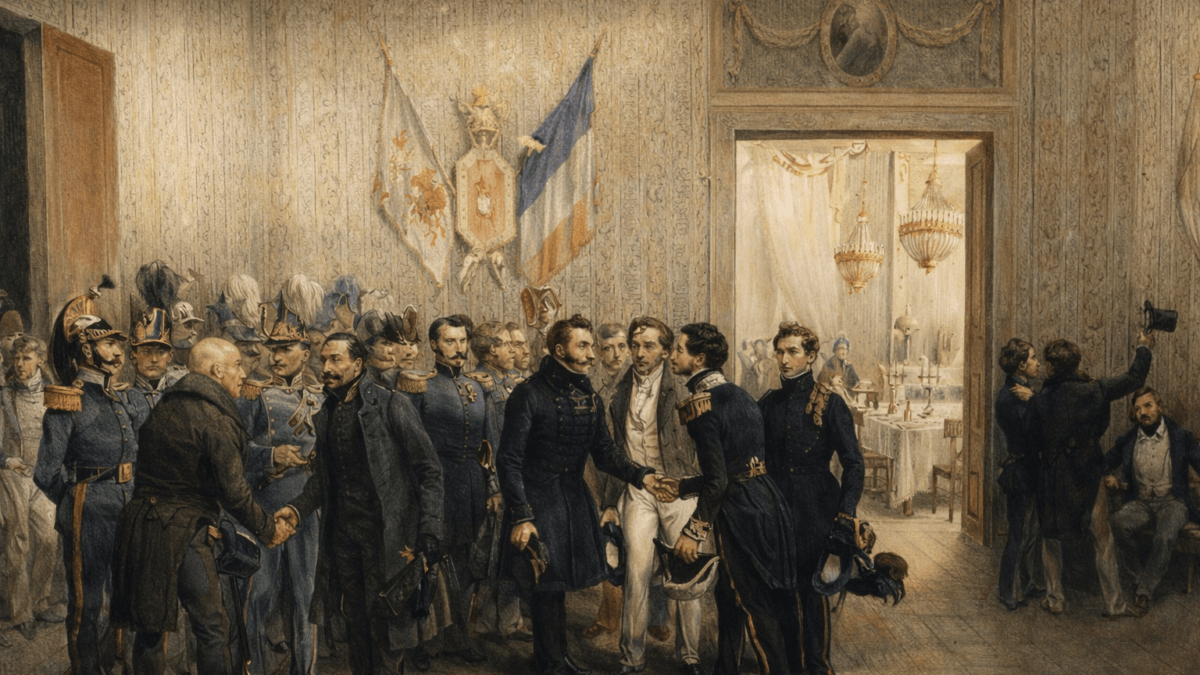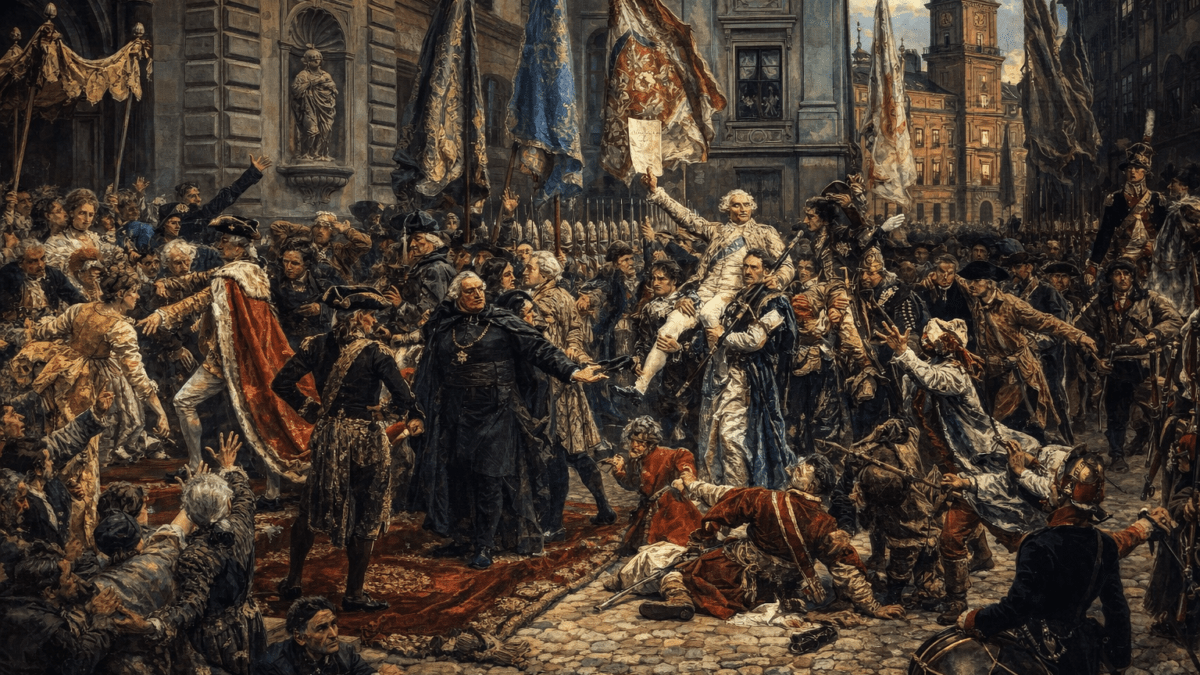After its sensational success in 1918, after the end of the First World War, he appeared in the opinion of his contemporaries as a «conservative nationalist publicist.» In the early 1930’s, Spengler, under the pressure of the National Socialist trend, expressed a certain commitment to fascism; however, he resolutely refused the proposal of the ideological leaders of the National Socialists for direct cooperation. The philosopher’s rejection of the ideas of anti-Semitism and Schicklgruber-Hitler’s expansionist aspirations led to certain restrictions and repressions. Spengler’s last work, Decision Time (1933), was published, and the thinker’s name was banned from the political press.

The main work of the philosopher «Twilight of Europe» is a European manifesto of the concept of local cultural or civilized development of history. It is a view of world history as a series of local, independent cultures, each of which is similar to any living organism that undergoes stages of birth, formation and death.
- Spengler, counting eight basic types of cultures, insisted that all of them do not appear as integrally adjacent elements of the products of achievements of certain types of society, but as local crystallized results of common human life. When dying, culture is reborn into civilization. This stage, which, according to the philosopher, is not capable of new achievements, reproduction in the middle of a new one. In this sense, the «demise of the West» means no more and no less than the problem of civilization, as the presence of one of the main issues of any history of old age and appears as the completion of culture as such.
Maria Begal — student of the University «Academy of Recreational Technologies and Law»










